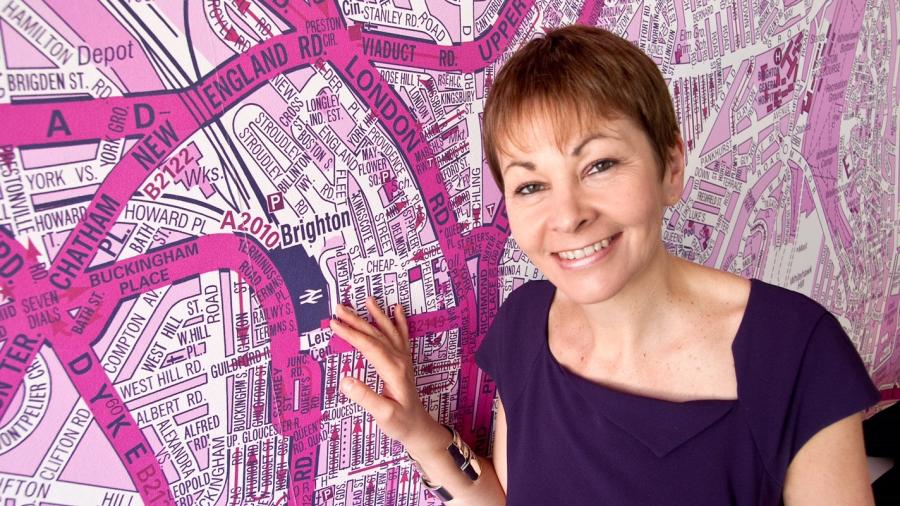Over the last few months I’ve written to Brighton and Hove City Council on a number of occasions about their use of the herbicide glyphosate – a chemical currently used in many weedkillers – and one that the local authority uses for weed control in the city.
With growing concerns being raised about its use, including the World Health Organisation’s cancer agency, the International Agency for Research on Cancer (IARC), who said in 2015 that glyphosate is “probably carcinogenic to humans”, I’m arguing that Brighton and Hove City Council should actively explore using non-chemical alternatives.
It’s something that Green councillors called for in a Notice of Motion back in 2016, which was passed by the Environment, Transport, and Sustainability Committee. Despite this, glyphosate is still being used, and I’m pushing for alternatives to be looked at with greater urgency.
I’m aware that there is conflicting research about the potential harm of glyphosate to public health, and also that the EU renewed the lease for glyphosate to be used in 2017 – despite coming close to a ban.
Yet with a growing weight of evidence, like research about glyphosate affecting the navigation of honey bees; and the US legal case which awarded a terminally ill man $289 million; concerns about the effect of glyphosate use on public health, and on our environment, should not be simply dismissed when local contracts in our communities are renewed by local authorities, with non-chemical alternatives being introduced instead.
It’s something that Lewes District Council have managed to achieve. I have highlighted this to BHCC, encouraging them to enter into conversation with them and share information.
I’ve also recently tabled two amendments to the Government’s Agriculture Bill. If successful, they would protect public from harmful pesticides by limiting their use near schools, hospitals, parks and other public places – and it would force the Government to ultimately phase-out all harmful pesticides and promote natural ways of managing weeds and pests.
With the weedkiller market being dominated by a number of multinational companies, there is much profit-driven resistance to a glyphosate ban. It’s why more truly independent research is needed, so that the potential risk to public health is not clouded by the noise around the debate. Until then, local authorities can, and should, prioritise non-chemical alternatives.
I have written to Councillor Gill Mitchell, Chair of the Environment, Transport, and Sustainability Committee at Brighton and Hove City Council to reiterate my position on this.




Join The Discussion